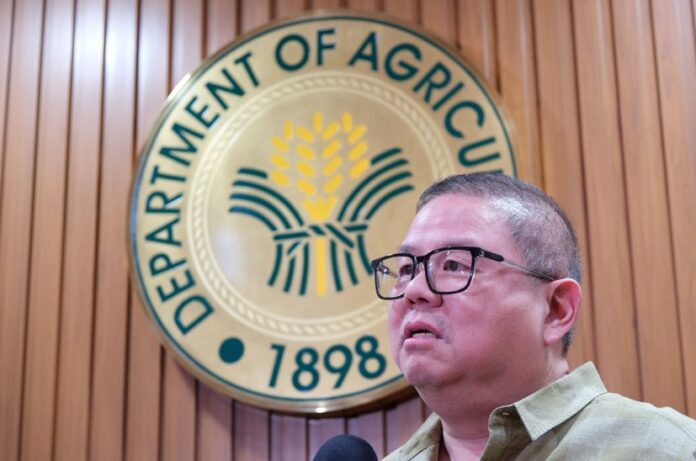Agriculture Secretary Francisco Tiu Laurel Jr. on Wednesday called for stronger coordination between the country’s hydropower and agriculture plans, saying water-based energy projects can boost food security, support rural development, and help the Philippines hit its renewable-energy targets.
Speaking at the 3rd Philippine Hydro Summit in Manila, Tiu Laurel said the country cannot meet its goals of 35 percent renewable energy by 2030 and 50 percent by 2040 without faster development of hydropower, including run-of-river plants, pumped-storage systems, and small community-level facilities.
He stressed that energy and agriculture are closely linked, noting that irrigation, cold storage, fish landing sites, and food-processing hubs all rely on stable and affordable electricity. Hydropower, he said, can help build a “clean-energy countryside” where electrification and farm productivity grow together.
The agriculture chief highlighted opportunities such as pairing hydropower with irrigation systems, supplying rural microgrids, improving cold-chain and processing capacity, and protecting watersheds that are essential for both farming and power generation. Turning rivers and reservoirs into sources of both electricity and income, he added, can reduce postharvest losses and raise rural earnings.
Tiu Laurel also pointed to major challenges, including lengthy permits, financing difficulties, environmental requirements, and overlapping rules among government agencies. He said hydropower must deliver real benefits to farmers and host communities—not only developers.
To advance integration, the Department of Agriculture announced five priorities: mapping irrigation systems that can host hydropower, supporting agro-industrial zones powered by renewables, ensuring farmers get a fair share of project benefits, improving infrastructure planning with energy agencies, and pushing for a unified policy that aligns the country’s food, water, and energy goals.
He said these efforts aim to use clean energy not just to meet climate targets but to strengthen the rural economy, urging government, private developers, and local communities to work together.







